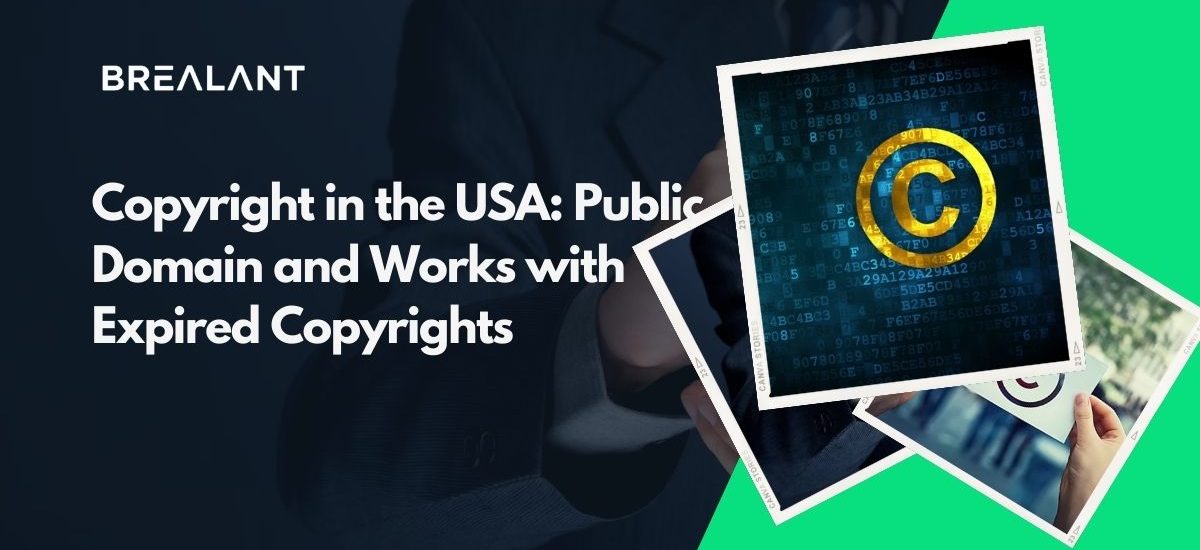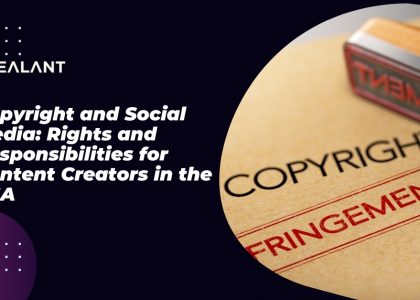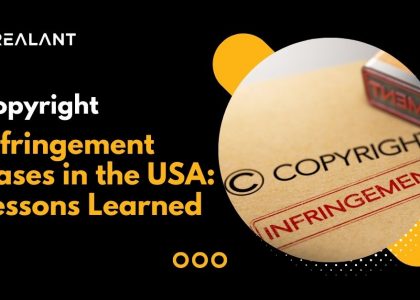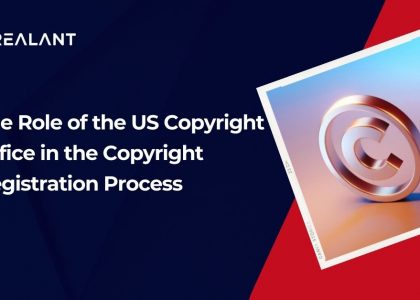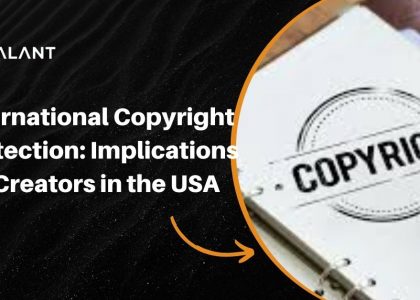Copyright covers intellectual property, including creative works. It is an intellectual property protection that ensures creators can economically exploit their work and receive a share of the profits. The duration of copyrights depends on the type of work: literary, musical, dramatic, motion pictures, and various other types of works have different copyright terms.
The duration of copyright protection is brief. The work becomes public domain when protection ends. This indicates that the work or any portion of the work may be distributed, copied, or used in any other way without seeking permission first. When utilizing a piece of work that might be protected by copyright, you should first ascertain when it was published and then check to see if the copyright is still in effect. Copyright protections may still be in effect even if there isn’t a copyright notice (©). This is particularly true if the work was published in 1989 or later because copyright notices are no longer necessary as of that year.
What happens to copyright when a copyrighted work enters the public domain?
Under USA copyright law, a “work in the public domain” has expired or is not subject to copyright protection. This generally means that no one can legally make a profit from it. Works in the public domain can be used without permission, but they are not protected by copyright law.
Anything artistic a federal government employee produces while performing their official duties is considered public domain, and any work published before 1923. Works published between 1923 and 1977 are usually protected by copyright for 95 years from the date of publication.
If a work was published anonymously, under a pseudonym, or created for pay, specific rules apply. If 120 years have passed after the date of creation, the rights for these works expire 95 years after the date of publishing, whichever comes first. (If the author’s name is later made public to the USA Copyright Office, the standard term of 70 years following the author’s passing applies.)
What is the difference between public domain and works with expired copyrights?
United States copyright law sets out the rules for how works are copyrighted, which varies depending on the type of work. A work is in the public domain if it has never been subject to copyright, and a work with expired copyrights will expire within a specific amount of time (usually 70 years after the author’s death). Works with expired copyrights are no longer protected by copyright law and can be used without permission.
If your work falls into one of these categories, you don’t need to worry about obtaining permission from the copyright owner. As long as you are credited properly, and you don’t make any alterations that would decrease the value of the original work, you are free to use it without permission. However, it is important to be aware of these categories so that you don’t accidentally violate copyright law.
Requirements for renewal applied to works that were released between 1923 and 1963. You can check the U.S. Copyright Office’s records if the author should have renewed the copyright. If less than 95 years have passed after the publication date, this would imply that the work has entered the public domain. You can ask the Copyright Office to search the records for you at a more affordable charge or pay a private copyright search company to assist you in checking a renewal.
Works in the public domain, such as books and newspapers, are not protected by copyright laws. Works that have expired but for which an owner has not registered a renewal with the Copyright Office are also in the public domain. Assuming your work does not fall into one of the two exceptions, it may still be copyrighted.
Conclusion
Work that enters the public domain is free for anyone to use without having first obtained permission from the copyright owner. However, this does not mean that you can copy and distribute the work freely without infringing on someone’s rights. If you use a work in the public domain without authorization, you may violate someone’s copyright law rights. So, first, check whether the work is still under copyright protection or not.
When it comes to copyright law in the United States, it’s important to understand the difference between public domain and works with expired copyrights. By using works in the public domain, you can avoid expensive legal disputes and free up valuable creative resources for others to use. Knowledge of copyright law can help protect your intellectual property and ensure that you receive the benefits that come along with protection. Ensure the safety of your work with the best guidance and solutions provided by the professional at Brealant. The firm is well-known for its efficient I.P. solutions for its clients in different parts of the world.


